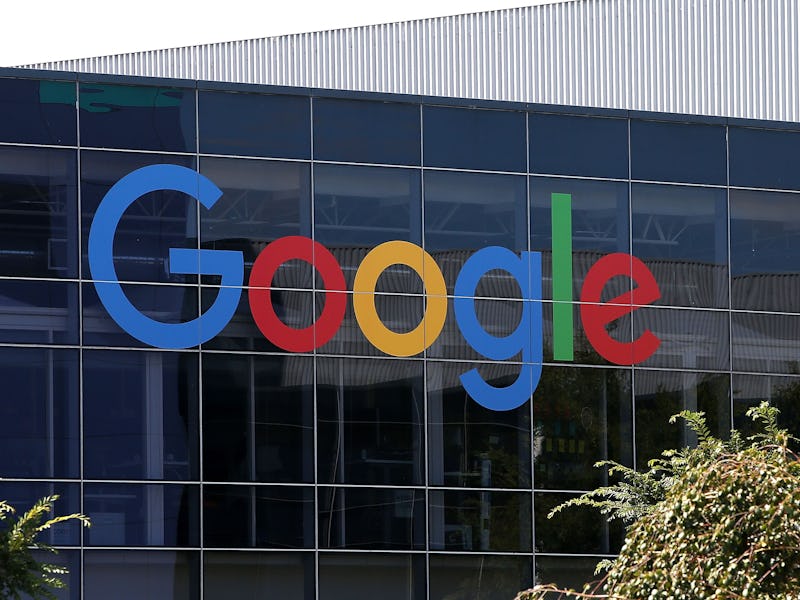Google Will Boost Internet Access in Cuba Despite Censorship Threat
Don't expect to reach your Cuban relatives @gmail.com.

Google will be boosting wifi and broadband access in Cuba now that the United States has begun mending ties with the Communist nation. President Obama, who became the first U.S. president to visit the island since the Revolution on Sunday, announced the company’s contract to expand internet access in an interview with ABC News Monday from Havana.
“One of the things that we’ll be announcing here is that Google has a deal to start setting up more wifi and broadband access on the island,” President Obama said.
The Google deal may highlight the benefits of the president’s policy of engagement with historic foes, but it also underscores some of the challenges. President Obama, along with many others, has long heralded the potential of the internet to break censorship, organize dissent, and eventually depose dictatorships. But it is worth remembering that the Google that Cubans see will not be the same Google we in the United States encounter.
Google exists in many countries that have repressive governments, and the search giant has had varying degrees of success avoiding their censorship of the internet. Cuba has one of the worst track records on digital rights, so it will undoubtedly pose a unique set of problems. Currently, an hour of public wifi, in the limited areas it is available, costs $2, a hefty fee considering the average Cuban takes home $20 a month. It is also heavily restricted.
The odyssey of Google’s relationship with China may inform what to expect with the recent opening of Cuba. Google is currently almost inactive in China, despite early attempts to enter the world’s largest internet market. From 2006 to 2010, Google abided China’s censorship, wiping certain results, but it also informed users that the material they were seeking had been scrubbed. A series of coordinated cyber attacks against Google servers, likely arranged by the Chinese government itself, aimed at discovering the names of Chinese dissidents, convinced the company to pull out entirely.
The Great Firewall of China currently blocks Google, including Gmail, Images, and Youtube, as well as Facebook, Twitter, and Wikipedia, among others. All remaining search engines and social media sites are subject to strict scrutiny, and the government even recently shut down access to VPNs, the major tool Chinese citizens used to access the broader web. Two million people actively censor the internet in China, receiving small payments for each offensive comment they identify.
Google and other internet companies have always defended their participation in government censorship as the lesser of two evils. It is better for oppressed peoples to access some internet, rather than none at all. And American companies can play an important role in opposing and exposing ongoing censorship that might be ignored if conducted by Chinese-owned companies.
Cuba will undoubtedly become another battlefield in the war between government censorship and a free internet. Cuba certainly needs broader internet access if it hopes to modernize its economy, but the ruling party will also resist any digital dissent, particularly among bloggers, who have already frequently drawn the ire of the government. So Google may be planning to bring internet to the Cuban people, but it won’t look like anything we know as the web. It’s one step, and the president is betting on his legacy it’s in the right direction.